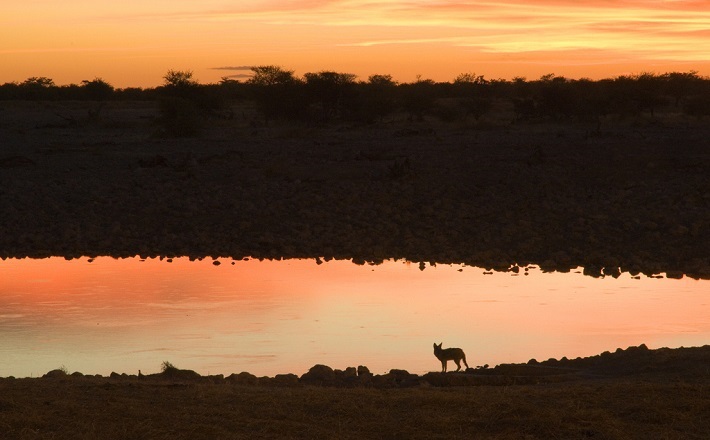Commentary on Psalm 126
As Lent moves toward Easter, Jesus turns his face to Jerusalem.
In the Gospel lesson this week, Mary anoints Jesus in an act that is not understood by the disciples but is understood to Mary and Jesus. The Epistle encourages believers to “press on toward the goal for the prize of the heavenly call of God in Christ Jesus (Philippians 3:14).” Isaiah reminds us that God is “about to do a new thing, now it springs forth, do you not perceive it (43:19a)?” Psalm 126 joins in this chorus of movement toward Easter.
Psalm 126 is one of the Songs of Ascent, meaning literally “Songs of Going Up.” The Mishnah equates these 15 Psalms with the 15 steps to the Temple (The Mishnah m. Mid. 2:5, 1993). These are songs of going up to meet God, and these are the steps that Jesus will take soon. It is a psalm of preparation and anticipation. Like the Isaiah text, it speaks of restoration. What happened in the past is past, and now God is doing a new thing on behalf of the people.
The psalm begins in most English Bibles as “When the LORD restored the fortunes of Zion, we were like those who dream (NRSV).” But most scholars translate the first part of the line as either “When the LORD returned to Zion” or “When the LORD restored the returning ones to Zion.” All are possible and fit the context of the stanza. What is returning is either God or God is returning the people. This may be a reference to the returning exiles, but it can also reflect anytime that the people are free to worship God without any occupying force in place.
The rest of the stanza is a celebration (vv. 2-3) of this “new” thing God has done. There is laughter and shouting as they declare what God has done for Zion, and even the other nations will see it and declare, “God has done great things for them.” The people respond to the nations with the same words
It is here that the context of these psalms is important to remember. Judah/Israel were rarely allowed to direct their destiny after 598 BCE. This is a song from people who are part of an empire where they have no voice nor ability to impact imperial policies. The songs of ascent are songs centered on Zion and Jerusalem, but this does not translate to a theology of militant triumphalism. In this sense, this psalm is a dream. They lived in an empire that barely knew of their existence. Here restoration is not the same as world domination. God brings them home, but there is no evidence of a change in the world stage.
What follows in verse 3 is a bit puzzling. It is a petition to God for exactly what happened in vv. 1-2. Does this mean that these first verses were a memory of another restoration, and now the people are asking God to repeat God’s act? That is certainly possible. But it can also indicate the cyclic nature of our need for God’s action on our behalf. Narrative after narrative tells the story of the people’s need for restoration. As the hymn states, “born to wander, Lord I feel it, born to leave the God I love (Come Thy Font of Every Blessing).” We are who we are and thankfully so is God. The rest of the stanza continues the petition building on the image of a reversal of the past.
This psalm anticipates God’s acts that will reverse the fate of the people and by ending with a petition, it ends with that expectation hanging and waiting. The psalm is both memory and future hope. It stands in a place of waiting in the same ways that the other texts for this week stand in that same place. The psalm and the epistle wait for it, the Isaiah lesson promises it, and the Gospel lesson prepares for it.
We come from a culture that does not wait well. Technology has made our world one of instant answers, reservations, and Amazon boxes. This week leaves us waiting for what God will bring. We know that Easter comes every year, but what will be the content of the shouts of joy we are waiting to say? How will God return to us and/or restore us? We will follow the ascent to Jerusalem to discover what God has in store for us.


March 13, 2016